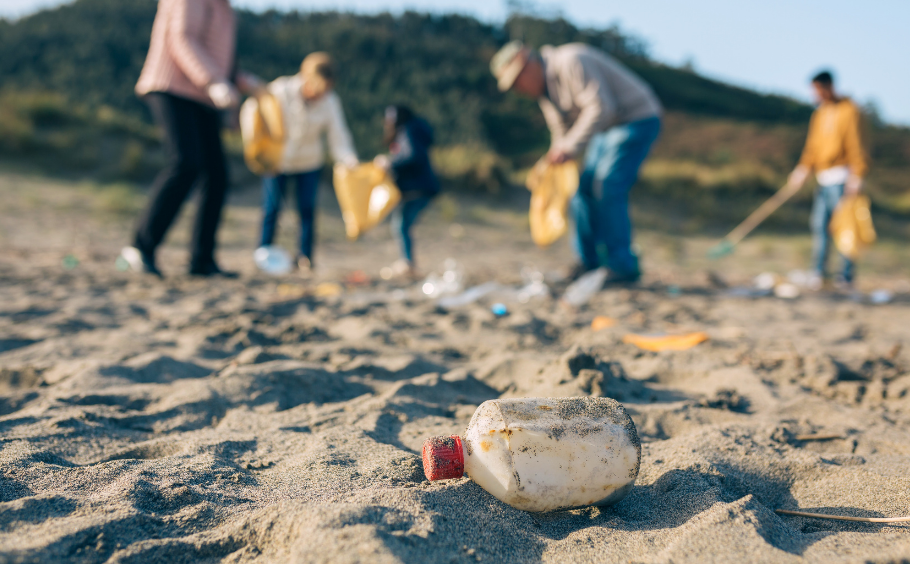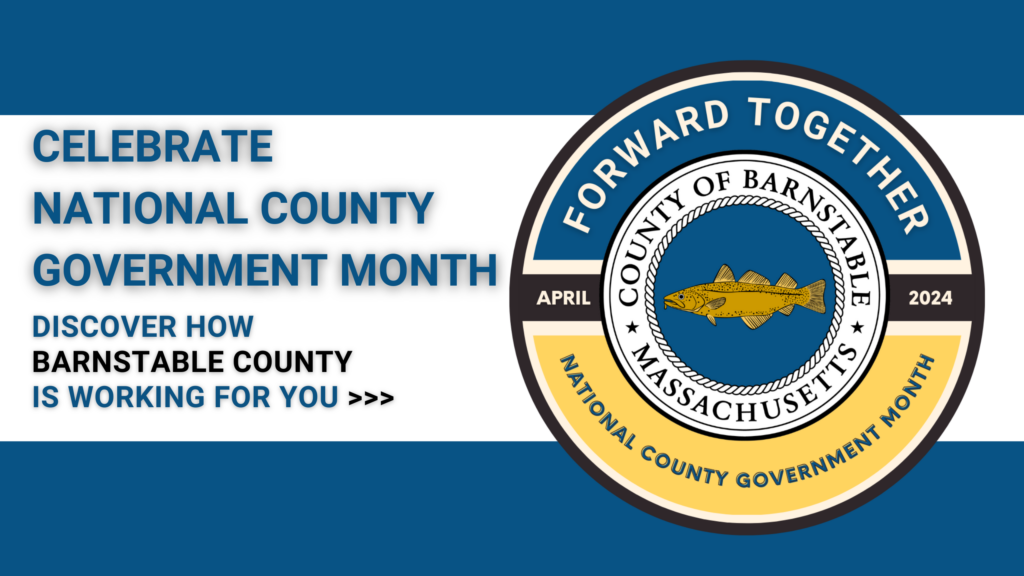

Volunteer

Volunteers have an enormous impact on the health and well-being of our community. Think of all the ways that volunteers make a difference in day-to-day life on Cape Cod:
- Volunteers can deliver critical services—from serving as volunteer fire fighters or participating in search and rescue, to delivering meals to homebound seniors, to working in a regional shelter, or manning the phone lines at emergency operation centers.
- Volunteers help to keep our neighborhoods, streets, parks, ponds, conservation areas, and ocean waters clean and safe for everyone.
- Volunteers tutor, teach, mentor, coach, and support the young and elderly in non-emergency as well as disaster situations.
- Volunteers can care for dogs, pet cats, clean cages, and help with feedings in an emergency shelter.
- Volunteers help educate the public on health and safety; doctors and nurses donate time and medical knowledge to free clinics and natural/civil disaster events.
Why volunteer to help in times of emergency/disaster?
- Volunteering is a great ways to get to know others. Whether for professional networking (in addition to making invaluable contacts, volunteering with a nonprofit is a great way to learn more about potentially working in a particular field), to make new friends, or to just understand a little more about others’ ways of life.
- Volunteering is an opportunity to gain new skills, practice existing skills in new ways, and learn more about complex issues like storm response, shelter care, and protecting the local environment.
- Volunteering offers something valuable from the experience as well: being part of the Cape Cod community, keeping skills sharp, networking, learning more about nonprofit governance, and so on.
Volunteering can also be for long term assistance in a disaster.
Experienced professionals with specialized knowledge and skills can undoubtedly improve relief efforts, often by plugging short-term holes in the existing efforts. But our local relief agencies are effective in part because they have significant support infrastructure behind their field programs to ensure that emergency response efforts in our region can be sustained for the longest possible period. If you have local knowledge or special skills, one of the many relief agencies of Cape Cod may have a way to incorporate you into their relief effort. Your best bet is contacting them directly and asking. Although you may confront some initial bureaucracy by joining a larger effort, you will likely be able to sustain your efforts much longer working with a dedicated team supporting you.
Final thoughts…
The impulse to help when other people are suffering is commendable, showing the best qualities of humanity. However, there’s more to disaster relief work than logistical and physical challenges. Disaster survivors who have lost their homes, possessions, pets and loved ones, or who have witnessed acts of violence and degradation, are likely to suffer feelings of anguish, anger, remorse, and pain, and may experience symptoms of Post Traumatic Stress Disorder (PTSD). In other words, disaster victims have physical as well as emotional needs, and relief workers must attempt to address both.
But there should be no illusion about disaster volunteering, either: it is challeging, stressful work often in extreme environments. Many people simply aren’t prepared to handle working with disaster victims and coping with the many challenges of even a short time spent in a disaster situation.
The point of highlighting these concerns is not to discourage you from getting involved in a disaster relief effort on Cape Cod, but rather to try to ensure that you get involved in the way most suited to your abilities. In the rush of emotion that comes with news of a disaster, do yourself—and the victims—a service by carefully considering whether you will be a help or a hindrance if and when you get to the disaster area.



